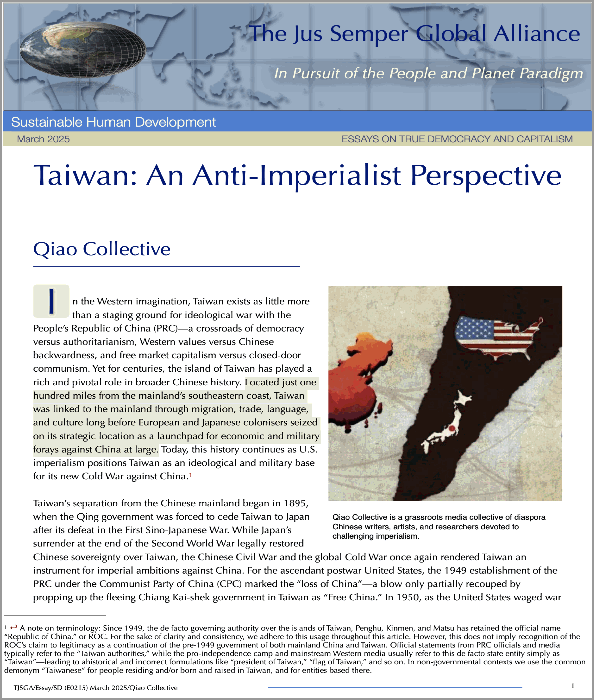Confronting Inequality in the “New Normal”: Hyper-capitalism, Proto-socialism, and Post-pandemic Recovery
Tim Jackson and Peter A. Victor
Post-pandemic recovery must address the systemic inequality that has been revealed by the coronavirus crisis. The roots of this inequality predate the pandemic and even the global financial crisis. They lie rather in the uneasy relationship between labour and capital under conditions of declining economic growth, such as those who have prevailed in advanced economies for almost half a century. This paper explores the dynamics of that relationship using a simple stock-flow consistent (SFC) macroeconomic model of a closed economy. It examines in particular the role of two key factors—the savings rate and the substitutability (elasticity of substitution) between labour and capital—on the severity of systemic inequality under conditions of declining growth. The paper goes on to test the efficacy of three redistributive measures—a graduated income tax, a tax on capital and a universal basic income—under two distinct structural scenarios for an economy with a declining growth rate. We find that none of these measures is sufficient to control structural inequality when institutions aggressively favor capital over labour (hyper-capitalism). Taken in combination, however, under conditions more favorable to wage labour (proto-socialism), these same measures have the potential to eliminate inequality, almost entirely, even as the growth rate declines.
For a full review of this essay, click here or on the picture to download the pdf file. |







